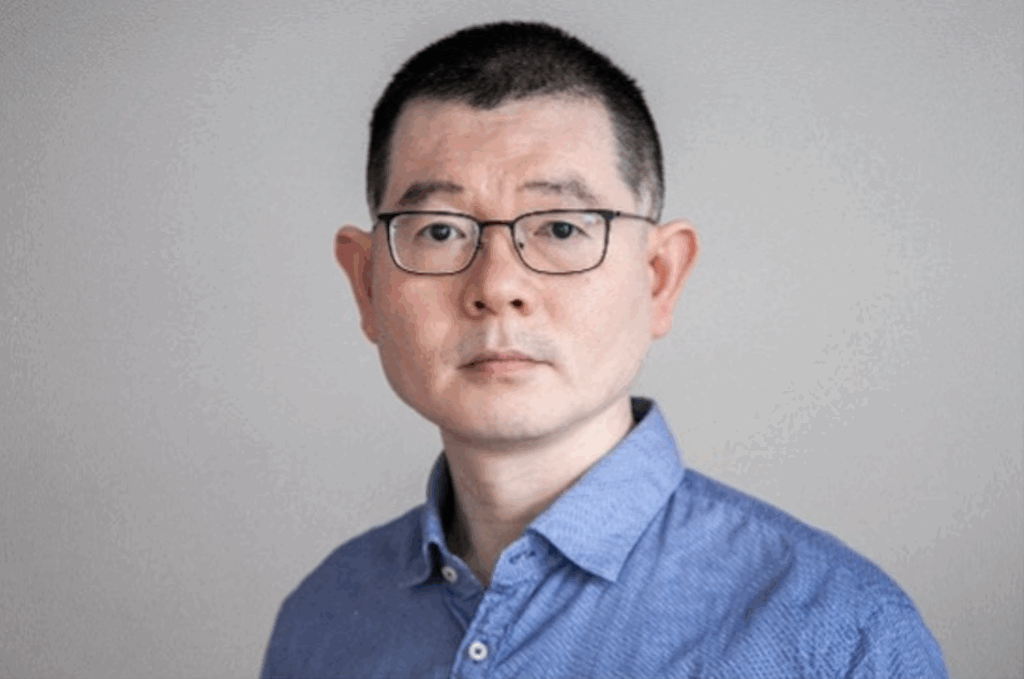
Institute Colloquium
MEET THE EXPERT ON NANOSTRUCTURE FABRICATION
Dr. Xiaofei Wu
Advanced Nanostructure Fabrication Based on FIB and Transfer
Contact person at Leibniz IPHT: Jer-Shing Huang

Dr. Xiaofei Wu is a Senior Scientist in Leibniz Institute of Photonic Technology. He received his PhD in optics at Peking University, China, in 2010. Before joining Leibniz-IPHT in 2021, he did postdoctoral research at University of Würzburg, Max Planck Institute for Solid State Research and University of Bayreuth. Dr. Wu is an experimentalist in the area of nano-optics, and his current research interests focus on optical properties of metallic nanostructures and their applications in optical techniques, and their fabrication techniques as well. (ORCiD: 0000-0002-4594-1678)
Nanooptics is a field where nanostructures are used to engineer the light in proximity of the nanostructures for the purpose of manipulating or enhancing light-matter interactions at nanoscale, improving resolution and sensitivity of optical microscopy, and modulating the properties of propagating light waves. Therefore, nanostructures play an essential role in this field. While dedicated to his research in nanooptics, Dr. Xiaofei Wu, a senior scientist of Leibniz IPHT since 2021, has developed quite some unique and outstanding nanostructure fabrication techniques to solve the fabrication challenges for different projects in the last 15 years. In this talk, Xiaofei will present several examples of fabrication of different nanostructures to showcase the versatility of these techniques. Although Xiaofei’s experience in nanofabrication involves various techniques including focused ion beam (FIB), electron beam lithography, 3D laser nanoprinting, nanoimprinting, etc., this talk will mainly focus on the ones based on FIB and pre- and post-transfer, which complement the current fabrication capabilities of the Competence Center for Micro- and Nanotechnologies of Leibniz IPHT. The aim of this talk is to introduce Xiaofei’s expertise in nanofabrication to our researchers in the institute, and thus to inspire ideas of application of these techniques in our existing or future research projects.
The lectures will be given in English.
